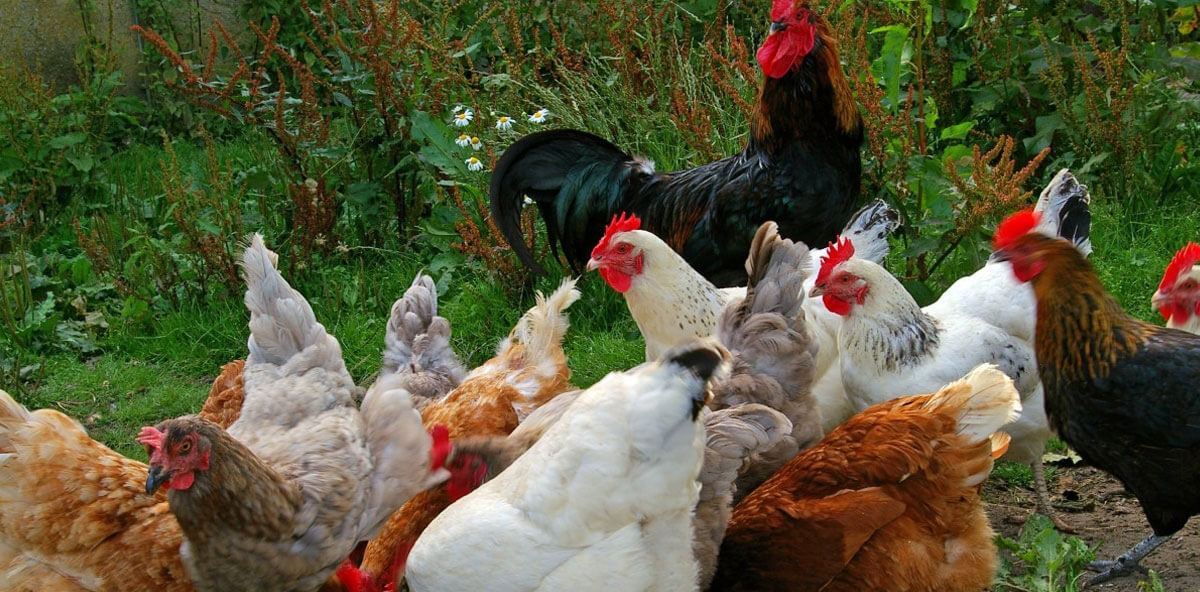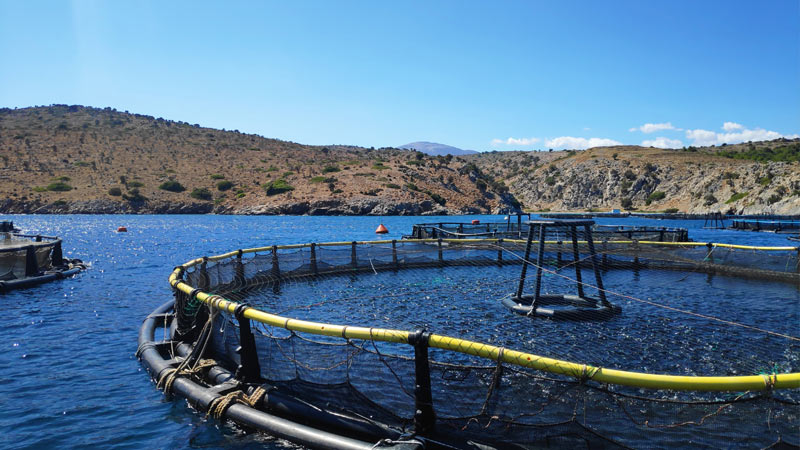EIT Food C-SNIPER
Campylobacter-Specific Nullification via Innovative Phage-mediated Enteropathogen Reduction

Key results
An innovative and natural solution based on the use of bacteriophages has been developed for the biocontrol of Campylobacter in poultry. Prototype production has been successfully completed on a small scale and the process is currently being optimised for industrial production.
—
Campylobacter is one of the greatest concerns in the poultry sector of the European Union. Consumption of poultry products, especially chicken meat, is considered the most common route for human campylobacteriosis, the most frequently reported food-borne illness in Europe and worldwide. Colonization of broiler chickens at farm level leads to transmission of Campylobacter along the production chain, resulting in contamination of poultry meat at retail level.
Standard control measures at farm level rely upon the use of antibiotics, which promote the selection and spread of multidrug resistant strains, an additional threat to public health. However, no effective alternative is currently available and pressure to reduce Campylobacter prevalence in poultry without use of medically-relevant antibiotics is rising.
The C-SNIPER project aims to reduce the prevalence of Campylobacter in poultry through an innovative, efficient and non-antibiotic based mitigation strategy that can be integrated into existing hygiene protocols. Specifically, this activity will develop a bacteriophage-based solution to be used as natural antimicrobial in the farm (pre-harvest), slaughter and/or processing facilities (post-harvest). This development will improve the safety of poultry meat, reducing thereby the incidence of poultry-borne food poisoning, without impacting on animal welfare.
Project Data
| Funding |
EIT Food IVZW |
| Length |
2019 |
| Partners |
AZTI (Spain) – coordinator, Institute of Animal Reproduction and Food Research (Poland), University of Turin (Italy), ORA Societá Agricola (Italy), Phage Technology Center (Germany) |








